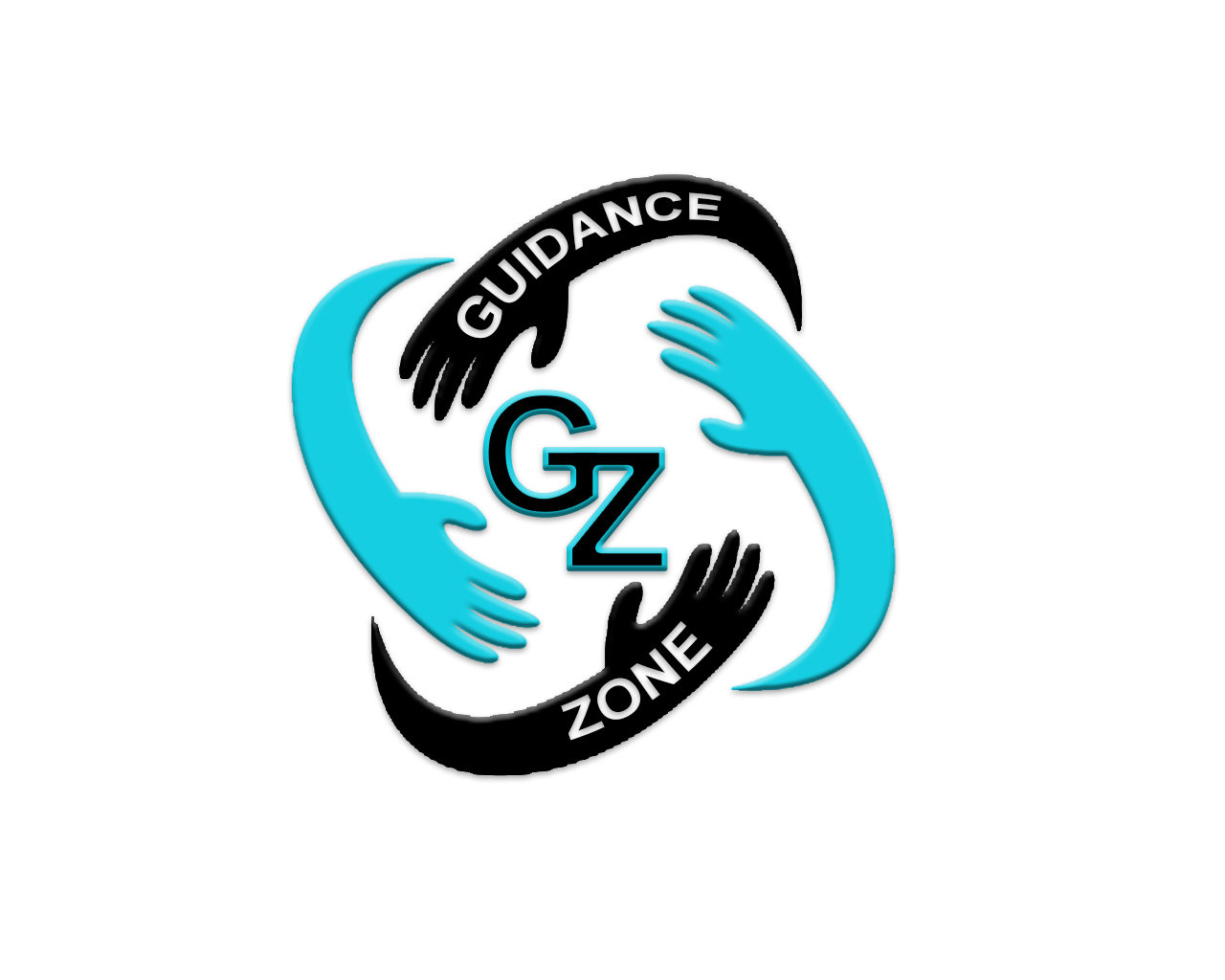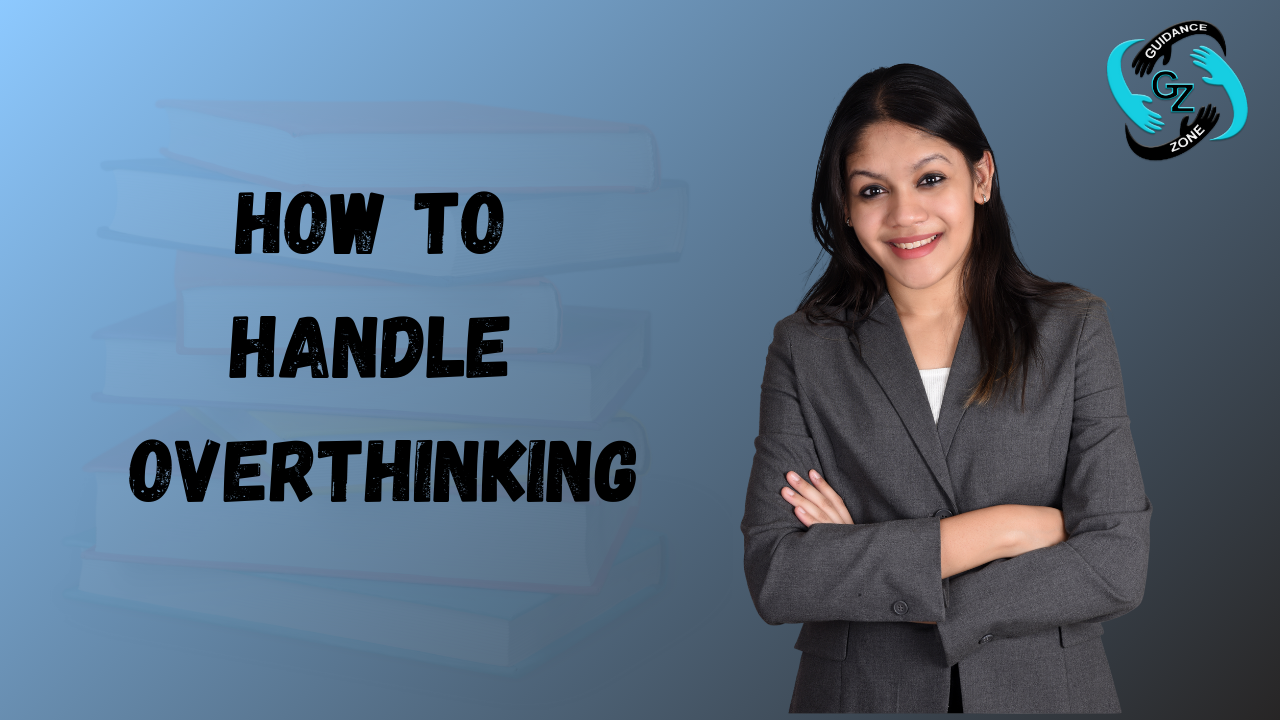How to handle overthinking
Having too many thoughts running through your mind can be overwhelming and exhausting. It’s easy to get stuck in a cycle of overthinking, where your mind just won’t stop racing. But don’t worry, there are ways to manage these thoughts and find some peace. In this article, we’ll explore practical strategies to help you calm your mind, stay focused, and keep your thoughts from taking over. Whether it’s through distraction, exercise, or positive thinking, these tips can help you take control and find relief from overthinking.
Table of content
- Distract yourself
- Get moving
- Keep the Focus on Problem-Solving
- Be positive
- Think about other options
- Focus on now, not the future or the past
- Write things down.
Distract yourself
You can sometimes break the cycle by distracting your mind. “As soon as you notice yourself worrying or thinking about things over and over, make an internal commitment to yourself, like ‘here I go again, with my list of thoughts that never ends . Then make a conscious decision to do something else, like reading, listening to music, or calling a friend.
Set moving
It sounds like token health advice exercise more but movement is helpful for getting anxiety. For example, when an episode of racing thoughts strikes, do a set of push-ups, 10 jumping jacks, take a five-minute walk, or do household work. These not only help you to break the cycle of racing thoughts but gives your mind something else to focus on. Also, try to build regular exercise into your life as well as these short bursts of activity. That can help relieve anxiety and stress.
Keep the Focus on Problem-Solving
Getting stuck on your problems isn’t helpful but looking for solutions is. If it’s something you have some control over, consider how you can prevent the problem, or challenge yourself to identify potential solutions for the problem. If it’s something you have no control over like a natural disaster, think about the strategies you can use to cope with it. Focus on the things you can control, like your attitude, behaviour and effort.
Be positive
Sometimes, when we feel bad, our thoughts can make things seem worse than they really are. For example, if you miss school or coaching because you’re sick, you might worry that you’ll get in trouble or that everyone will be mad at you. But before you start thinking like that, it’s important to remember that these thoughts might be more negative than they need to be. Feelings can make it hard to see things clearly. So, take a moment to think about what’s really true. Ask yourself, What proof do I have that what I’m worried about will actually happen? And what proof do I have that it won’t happen? This way, you can calm your mind and see things more clearly.
Think about other options
Overthinking about any specific thing often end up in a worst-case scenario, and it can be easy for someone to build up a disaster. This can lead to more anxiety and continued racing thoughts.
You can try to counter this by:
1. repeating to yourself that this worst-case scenario is not going to happen.
2. considering how likely it is the worst-case will happen.
3. thinking about more desirable alternatives that could occur.
Instead of, “I’ll get fired for that mistake,” change the thought to, “Everyone makes mistakes, and I’ll do what I can to make it right.”
Focus on now, not the future or the past
For some people, racing thoughts comes from something that has not happened and may not happen. Others focus on things that happened in the past, which they cannot change.People who experience overthinking should try to focus on what is happening now. Saying to yourself, “I won’t worry about the past or the future, I’ll focus on what I can control.”
Write things down.
Putting your concerns on paper allows you to return to them later. You don’t have to dismiss them entirely, and you can feel comfortable knowing you will revisit the concern. Also, the act of writing engages your mind and reduces the power of overthinking . When thoughts are in your mind, they feel chaotic. Putting them on paper organizes them. Use a notebook or a designated computer document or you can use anything to note down things. Once you’ve taken a few minutes to organize your thoughts on paper or onscreen, your mind should be calmer. If you want, set aside a time limit for thinking about them before taking a break and coming back to them later.
Thanks for your valuable time and I hope this article will help you in building your career.
Follow us on Instagram – Guidance Zone
If you want more Career guidance articles – Click Here

